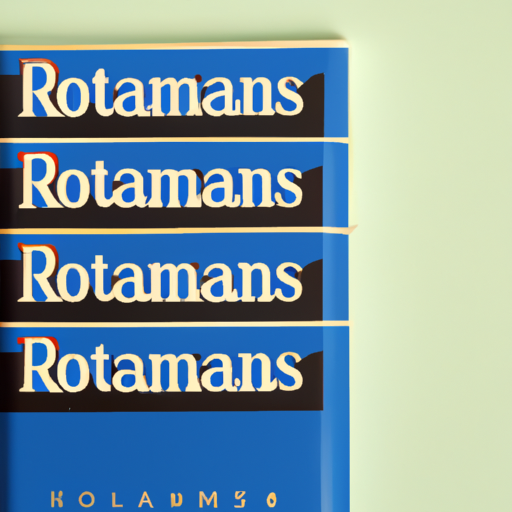
As I walked down the busy streets of London, I couldn’t help but notice the numerous cigarette smokers puffing away as they went about their day. Despite the numerous warnings and anti-smoking campaigns, smoking still seems to be a prevalent habit in the United Kingdom. Being a non-smoker, I have always been curious about the allure of cigarettes and why they continue to be so popular among the British population. In this article, I will be sharing my observations and shedding some light on the culture surrounding cigarettes in the UK.
Cigarettes were introduced to the UK in the 16th century and have since become a part of the country’s history and identity. According to statistics, about 15% of adults in the UK are smokers. It is a habit that has been passed down from generation to generation and has a strong presence in British society. In fact, some of the most iconic British figures throughout history were known to be avid smokers, such as Winston Churchill and James Bond. This has only added to the cigarette’s cultural significance in the UK.
The first time I encountered someone smoking in the UK was at a pub. It was a chilly evening, and the pub was filled with people enjoying their drinks and chatting away. As I made my way to the bar, I noticed a group of friends huddled outside, each holding a lit cigarette in their hands. It seemed almost normal, a common ritual among friends, as they laughed and joked while taking turns to inhale and exhale smoke. I couldn’t help but feel a bit uncomfortable, as the air around me filled with the smell of tobacco.
I soon learned that pubs and bars are some of the few public places where smoking is still allowed in the UK. This is due to the exemption of these establishments from the smoking ban in 2007. While this may seem baffling to some, it is seen as a way to preserve the “traditional” pub experience, where a pint and a cigarette go hand in hand. In fact, the smell of cigarettes in a pub is almost expected and is considered a part of its charm.
As I delved deeper into the world of cigarettes in the UK, I noticed that there was an unspoken hierarchy when it came to brands and types of cigarettes. While some smokers were content with the cheaper, generic brands, others pride themselves on smoking more expensive and premium cigarette brands such as Marlboro or Benson & Hedges. It was almost a status symbol, with some willing to pay a higher price for the experience and image associated with these brands.
Another aspect that struck me about the cigarette culture in the UK was the concept of “roll-your-own” cigarettes. It seemed like a budget-friendly option, with many smokers opting to buy loose tobacco and roll their own cigarettes instead of buying pre-made ones. Some even boasted about the quality and taste of their hand-rolled cigarettes, a skill that seemed to be admired by others. I also noticed that the act of rolling cigarettes had almost become a ritual in itself, almost like an art form.
One of the most concerning things about the cigarette culture in the UK is the presence of underage smokers. Although the legal age to purchase cigarettes is 18, it is not uncommon to see teenagers as young as 14 or 15 smoking on the streets. This speaks to the accessibility and availability of cigarettes, despite efforts to enforce age restrictions. It is also worrying to see children and young adults indulging in a habit that can have severe health consequences in the long run.
The rise of e-cigarettes and vaping has also changed the landscape of smoking in the UK. While they were initially marketed as a safer alternative to smoking, they have become a trend among younger generations. However, there is still much debate and research on the long-term effects of e-cigarettes, and it remains a controversial topic in the country.
There is no denying that cigarettes have become deeply ingrained in the culture of the UK, with smokers often defending their habit as a personal choice and a form of relaxation. However, it is important to acknowledge the harmful effects of smoking, not just on the individuals but also on those around them through second-hand smoke. Despite the numerous warning labels and campaigns, it is still a habit that is glamorized and accepted to some extent in British society.
In conclusion, my observations and research have shed some light on the cigarette culture in the UK. From traditional pubs to hand-rolled cigarettes and the rise of e-cigarettes, smoking has become a part of the country’s identity. While it may seem like a harmless habit for some, it is essential to recognize the negative impact it can have on individuals and society as a whole. As a non-smoker, I can only hope that we continue to educate and raise awareness about the dangers of smoking in hopes to reduce its prevalence in the UK.